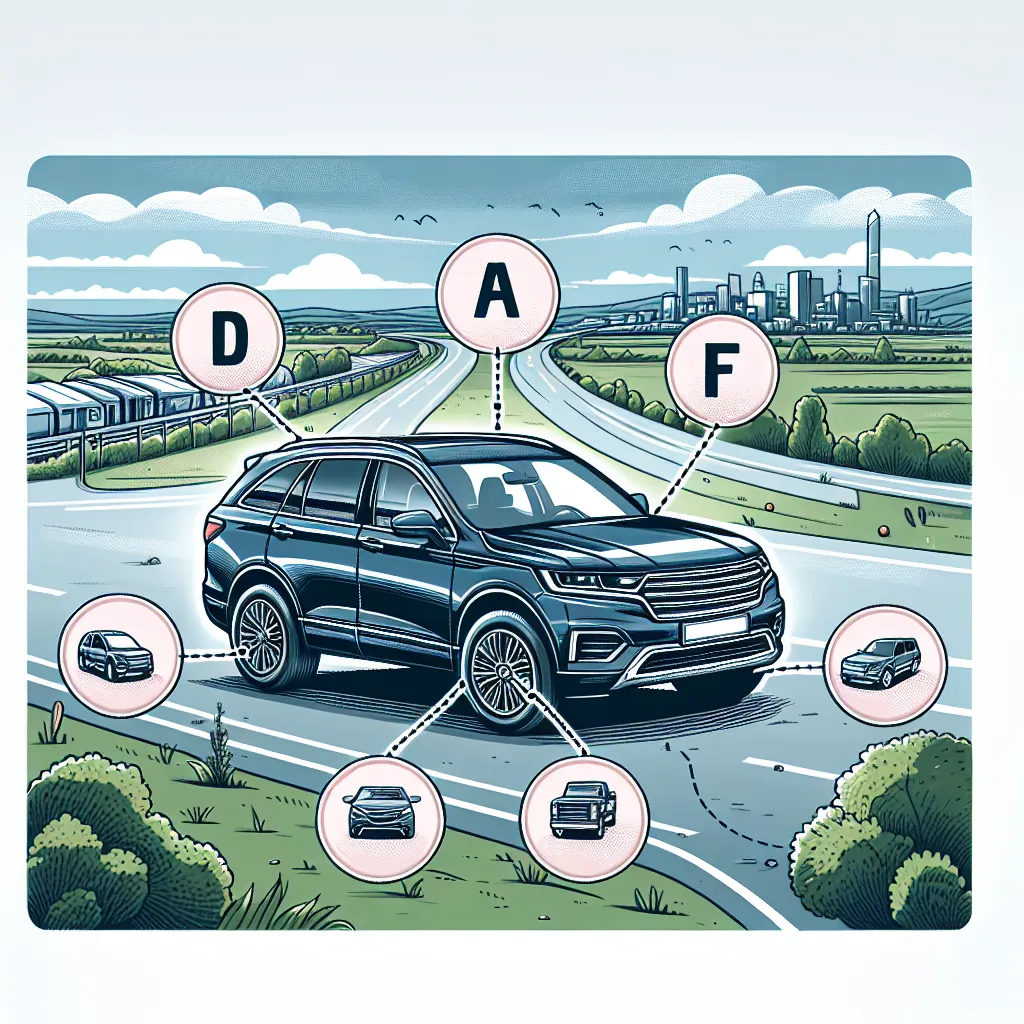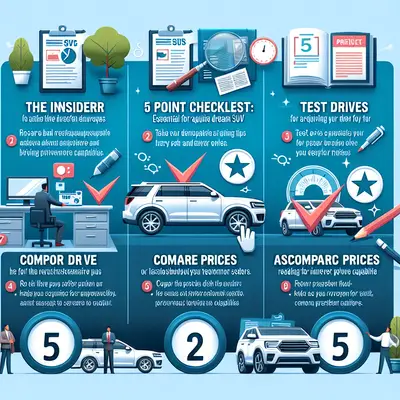Buying an SUV can be an exhilarating experience. The versatility of having a vehicle that's both family-friendly and adventure-ready is appealing. However, the process can be overwhelming given the vast range of models available in the market. This comprehensive guide will help you navigate through the most important aspects to consider when investing in your next SUV.
Understanding Your Needs
Before diving into the vast ocean of SUVs, it's crucial to have a clear understanding of your specific needs. Are you looking for a compact SUV for city driving or a larger one for family road trips? How important is fuel efficiency to you? Answering these questions will help narrow down your options and make the selection process more efficient.
Performance and Powertrain
The performance of an SUV is primarily determined by its powertrain. Whether it's a gasoline, diesel, hybrid, or electric engine, each has its own advantages and trade-offs. For instance, while gasoline engines are generally less expensive, diesel engines offer better fuel economy. Hybrid and electric models can be eco-friendly but might come with a heftier price tag.
Safety Features
Safety should never be compromised when it comes to choosing a vehicle. Look for SUVs loaded with advanced safety features like adaptive cruise control, lane-keep assist, and automatic emergency braking. Moreover, it's always wise to check the vehicle's safety ratings from reputable organizations like the National Highway Traffic Safety Administration (NHTSA) and the Insurance Institute for Highway Safety (IIHS).
Interior Comfort and Technology
The interior of an SUV plays a vital role in enhancing your driving experience. High-quality materials, comfortable seating, ample cargo space, and advanced technology features like infotainment systems and connectivity options should be high on your checklist.
Budget and Financing
Finally, set a realistic budget and explore different financing options. Remember to factor in the cost of insurance, fuel, and maintenance. It's also a good idea to check the vehicle's depreciation rate as it can impact the resale value.
Conclusion
Buying an SUV is a significant investment. By considering these key aspects, you can ensure you make an informed decision that aligns with your needs, preferences, and budget. Remember, the perfect SUV isn't the most expensive one, but the one that best fits your lifestyle.



